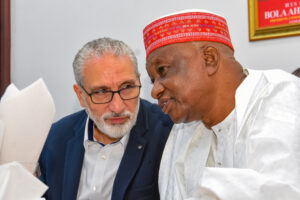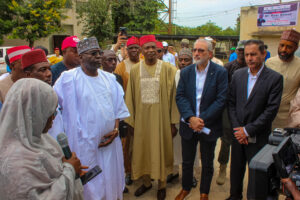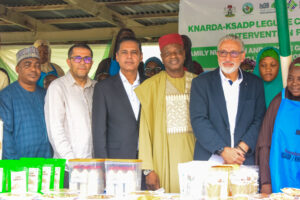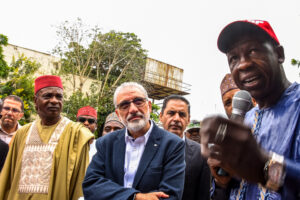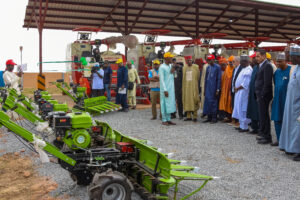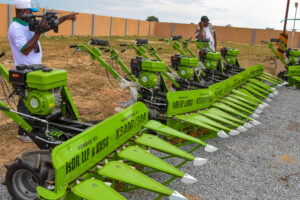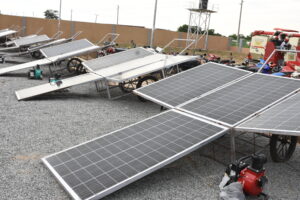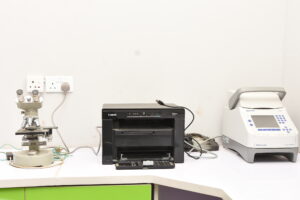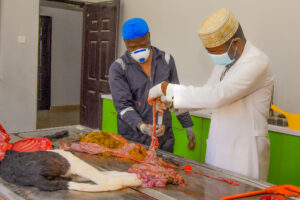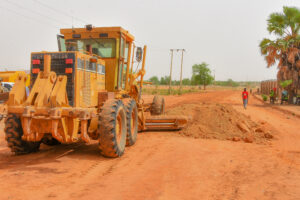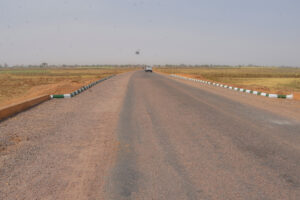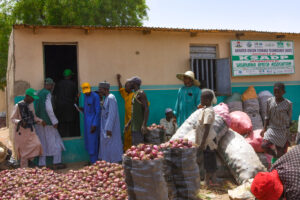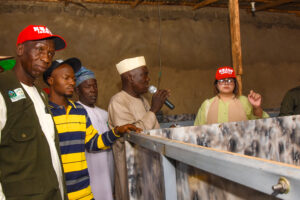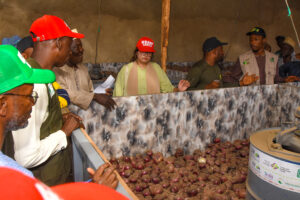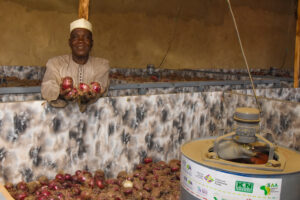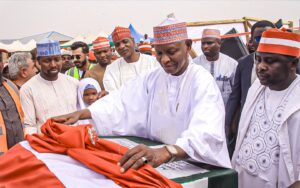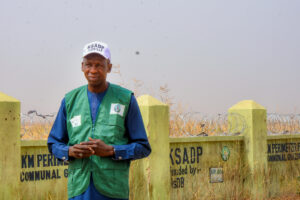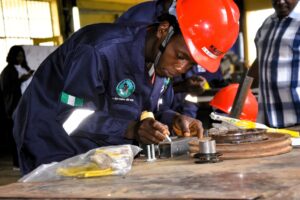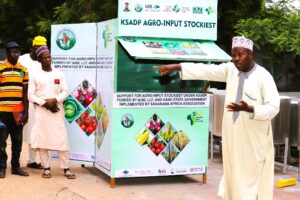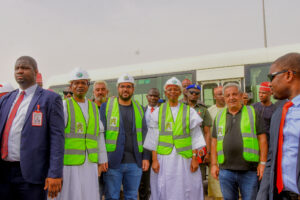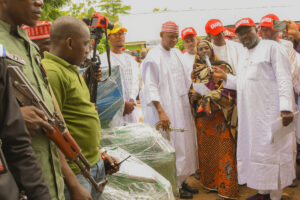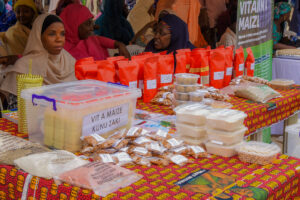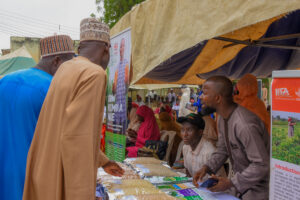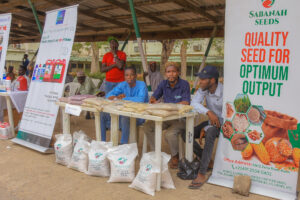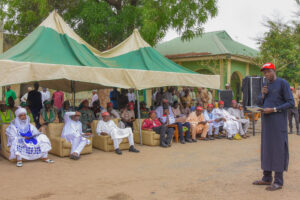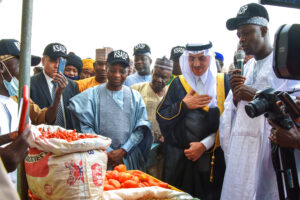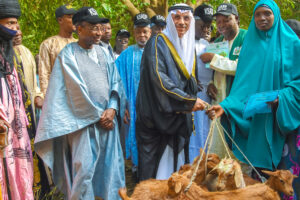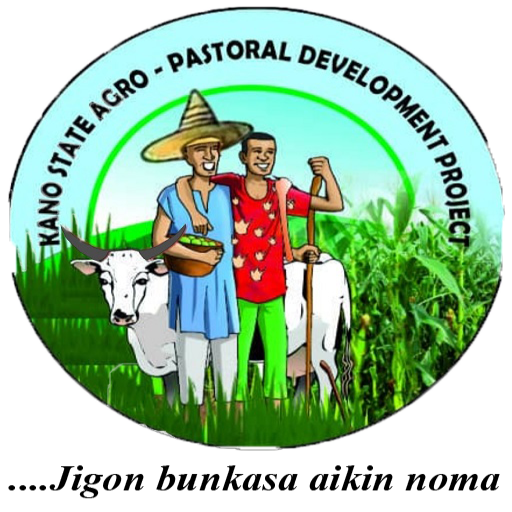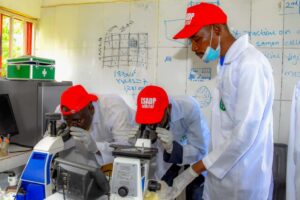
Kano State Agro-pastoral Project, KSADP, has spent about N800 million to conduct various training programmes for the project’s stakeholders, including direct beneficiaries and workers, the project coordinator, Ibrahim Garba Muhammad has disclosed.
According to him, “The training aims to ensure that the beneficiaries can effectively contribute to executing the project’s development objective and ensuring sustainability after the project’s closure”.
Speaking during the opening of a training workshop at Kadawa Artificial Insemination center, supported by the project, on Animal Insemination for animal husbandry technicians and other livestock staff of the Kano State Ministry of Agriculture, Ibrahim Garba said the various capacity building programmes enhanced the skills, knowledge and resources of the beneficiaries.
Notably, on the artificial insemination training, he said,”it is part of the broader objective of the project to re-introduce Artificial Insemination, towards ensuring sustainable livestock development in the state”.
Kano remains one of the leading hubs of Nigeria’s livestock sector, with over 1.21 million agricultural households engaged in cattle, 1.46 million in goats, and 1.15 million in sheep. According to the recent sub-national GDP for Kano State, livestock contributed over ₦1.73 trillion in 2023.
The project coordinator said besides renovating the Kadawa Artificial Insemination center, procuring five exotic bulls and and providing modern equipment, the KSADP, funded by the Islamic Development Bank and the Lives and Livelihoods Fund, is supporting the training of the workers for efficient service delivery and sustainability of the center, which was hitherto abandoned.
“Just recently, we saw the need to further upgrade the center, so we have earmarked N125 million for this, which will include provision of certain inputs, fence reconstruction, etc. We will also establish a two hectare fodder farm in the vicinity of the center for feed availability“, Ibrahim added.
He urged the trainees to justify the investment by paying keen attention to the workshop modules, stressing that “the expectation of the project, for breed improvement and incremental milk production, will not be achieved if you do not work efficiently”.
One of the trainees, Sulaiman Audu, expressed gratitude to the Islamic Development Bank and the Lives and Livelihoods Fund for facilitating the training, pointing out that it will impact positively on their work and career.
The capacity building workshop, conducted in collaboration with the Federal College of Agricultural Produce Technology, Kano, involves comprehensive training in theoretical and practical aspects of artificial insemination, focusing on semen collection, freezing, and storage, as well as animal health, breed selection and record-keeping.
Ameen K. Yassar
Project Communication Specialist
October 4, 2025

